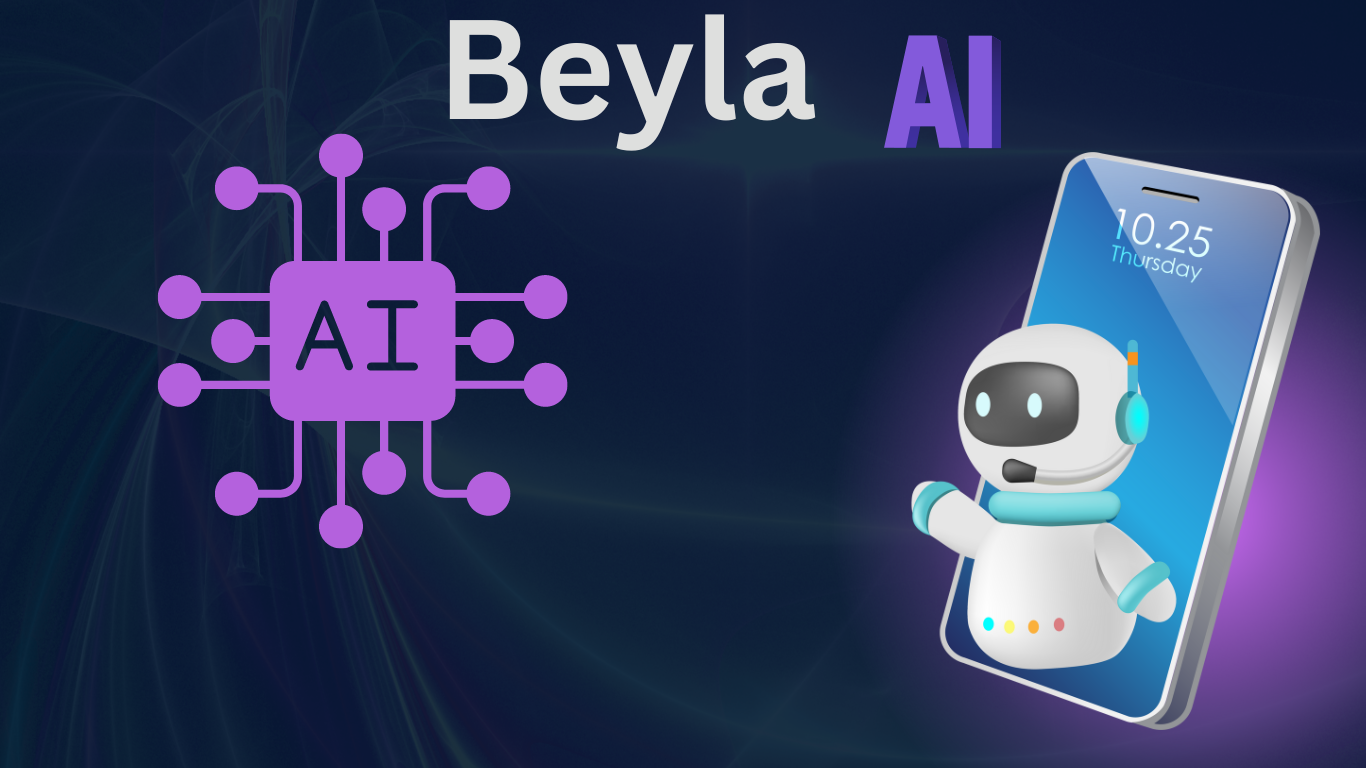Well, not to confuse you, there are lots of myths about programming, and the most common myth is you have to be good at math, and your IQ should be above average.
And I believe it stops many potential programmers from being interested in learning programming languages or from trying them out. If you have been told or might have read related articles about such statements, don’t let it get to your head — just grab a coffee and take a quick snap through five mistakes self-taught programmers should avoid.
Not understanding the basics of the language
The first mistake self-taught programmers make is not understanding their chosen language’s basics. Lately, all the programming languages are being supported by frameworks and Libraries that make deploying a project easier without understanding the logic used.
The best way to learn a programming language is to start by building projects in that language(vanilla) without using frameworks that might help you understand the core functionality of that language.
Vanilla — is an adjective meaning plain or basic in computer science.
Learning multiple programming languages
Learning a programming language is not like reading fictional books. I can read two or more books relating to different ideas, but in the circle of programming, it’s the opposite.
And doing so will deteriorate your progress in both languages. So it is advisable to stick to one language and understand everything that makes that language what it is known for.
Tutorial traps
I have been there, and you reading this article should probably be in the same situation. It’s not bad to watch tutorials, but overwatching them without doing it on your own will not get you the result you want from watching the tutorials.
There are thousands of solutions to programming problems, and every programmer has a unique way of finding solutions to problems. You should learn to write, analyze, and layout the result you want from the code through pseudo code before using your IDE to write the code.
Copying codes
The truth is there is no programmer out there that doesn’t copy code or hasn’t copied code that he sees as befitting to his project. But the worst part is copying something that you don’t understand.
If you are lucky, the code will work but also create future bugs that you will not easily be able to identify.
And since your goal is to learn, try replicating the code by yourself and test it line by line to know the function of each line in the code.
Ghosting Git
Git is not a programming language, but it will save you throughout your learning journey and professional career — for short, git is responsible for version control.
For example, you built a login page two months ago that allows users to sign in with their email and password but based on users’ feedback, they wanted to log in with a username instead of email.
You will have to make changes to the code. What if you mistakenly delete the login source code by trying to change the code? Well, that’s when git comes in — git keeps track of your files and allows other programmers to coordinate updates to those files. For curious readers, the git link can be found here.
Conclusion
In programming, there are a lot of myths, and you are likely to make many mistakes at the beginning, but these tips can guide or help to avoid some beginner mistakes.
And I conclude with this quotation from Antoine de Saint-Exupery,
“Perfection is achieved not when there is nothing more to add, but rather when there is nothing more to take away.”


.png)
